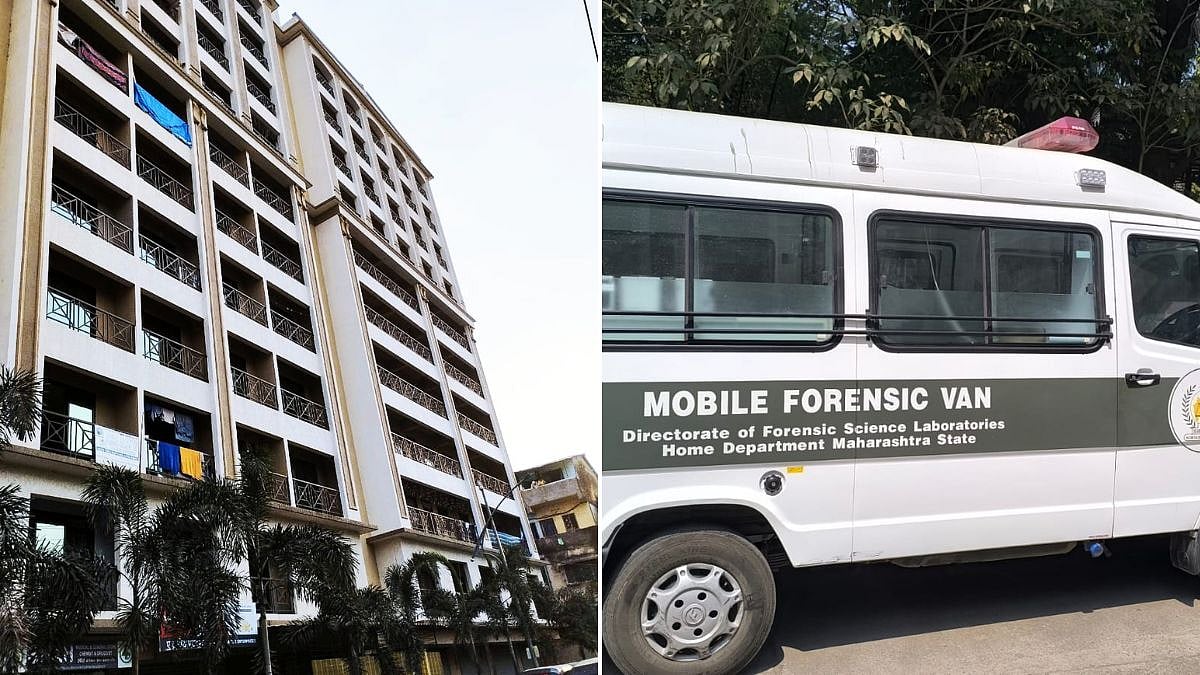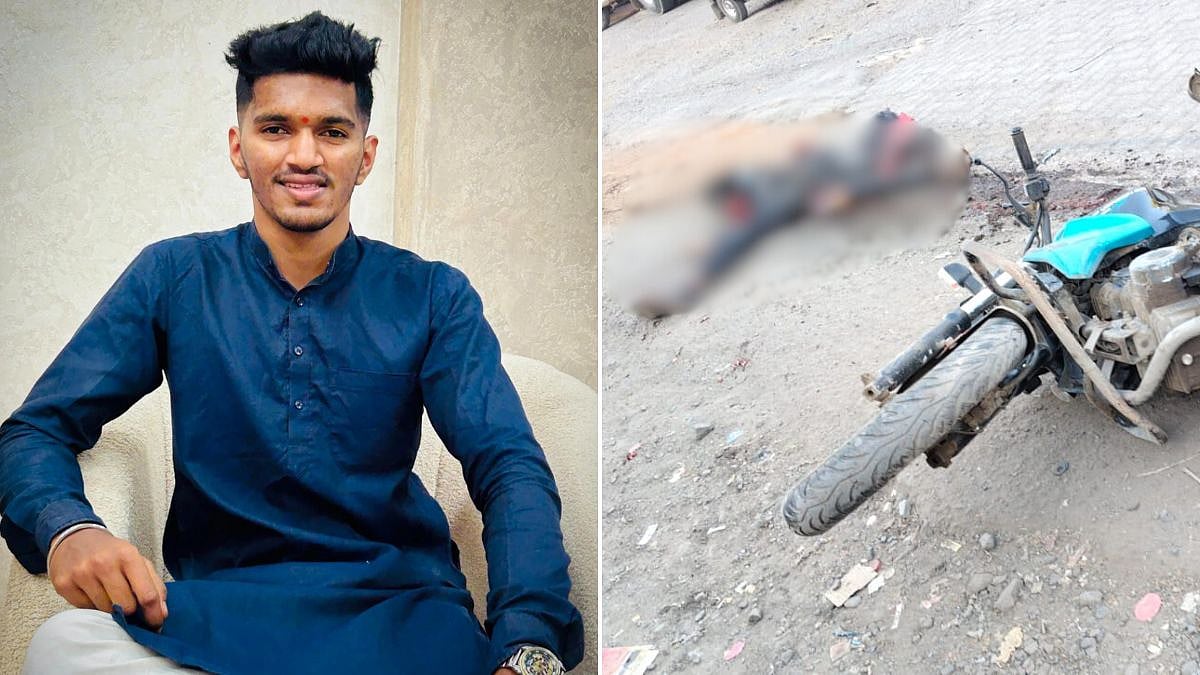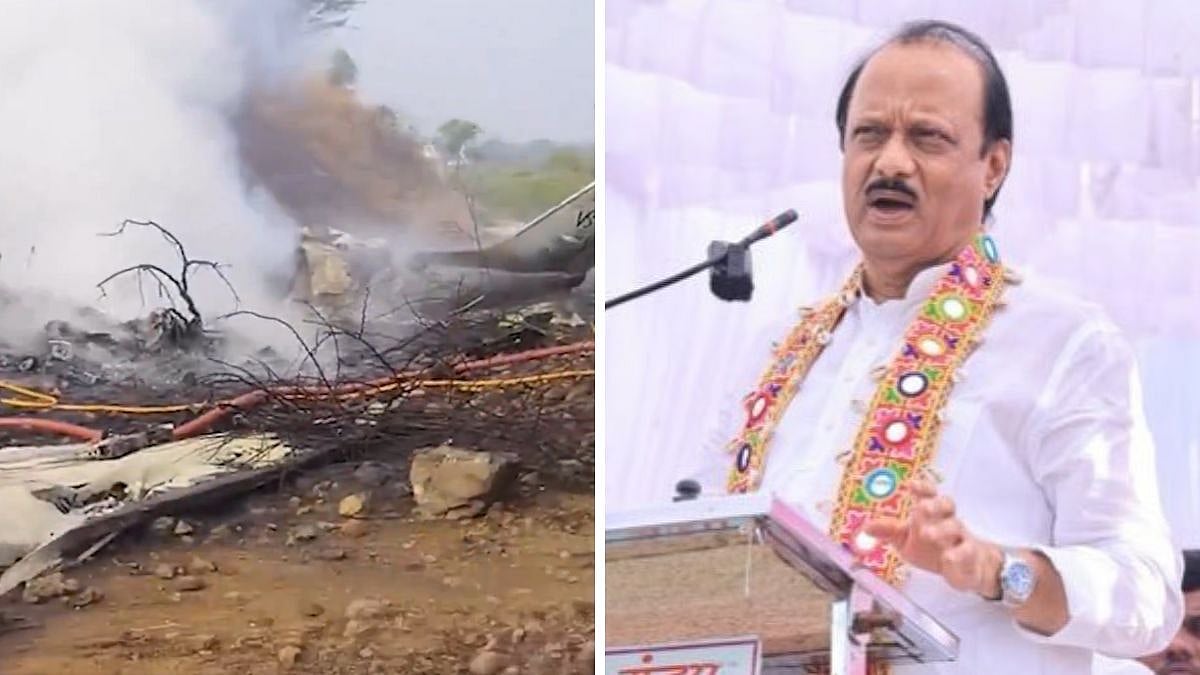The lockdowns, sudden and drastic shifts in our social lifestyles and each wave of the pandemic have taken unprecedented toll on our mental health. They have tested our emotional resilience. The bright side of the situation is that perhaps for the first time, mental health became an important part of everyday discussions.
It’s never easy to hold a conversation or self-reflect on a difficult subject as mental health or mental illness (incidentally, they are not the same). We have our deep-seated notions and beliefs on the subject. However, when we reflect on these beliefs, we realise that much of them are not right. Consequently, our decisions around mental health, governed by these beliefs, are often erroneous.
This is one of the reasons why more than 85% of those with mental health issues in India never receive professional help. This is ironic because a large number of them, with appropriate and timely professional help and social support, can lead a much better quality of life. Of those who receive professional help for their mental health issues, most do with prolonged delays. It can take years for a person to receive professional help.
Poor treatment ratio and inordinate delays in reaching out for help are two of the most urgent problems to be addressed in mental healthcare. It’s important to understand that there are several reasons why we are ‘OK’ with these unfortunate facts. To begin with, it has to do a lot about how we perceive mental illness.
Celebrated swimmer Michael Phelps had to deal with depression at the peak of this career. "As a male athlete, I always thought it (mental illness) was a sign of weakness if I showed I was being vulnerable," he said. It took some time for him to acknowledge the presence of mental illness and seek help.
Our typical journey around mental illness, be that of our own or that of a dear one, starts with denial. Denying its presence is an easy way to manage the social challenges that come bundled if others come to know of it. As bystanders, when we witness a friend, a colleague or stranger suffering from a mental health issue, we may inadvertently contribute to their denial of the situation. Eliminating denial and quickly acknowledging the presence of symptoms will help us reach out for help sooner.
“Oh, it’s nothing. You are feeling like that because of poor exam results,” is a possible comment from us when a friend opens up about their feeling sad, pushing them deeper into the denial hole. Denial of the existence of a mental health issue can also be because we simply do not have the right knowledge of the subject. We are often trapped in our perceptions, myths and beliefs, which we think are ‘knowledge’. It’s critical that we unlearn a lot of what we know and pick up right knowledge. "If we're injured, they're going to fix our broken bones, but if we're mentally struggling, we have to get help and we have to get it in safe places," said Phelps in an interview.
The social stigma surrounding mental illness, our own fear and perceptions and the sheer lack of ‘right’ knowledge of the subject make it extremely difficult for us to reach out and seek help. "It probably was one of the hardest things I ever did," Phelps said of seeking help.

The space of mental healthcare, therefore, requires tectonic shifts. A large part of the solutions to the challenges of mental healthcare lies in the social ecosystem. It’s not just about those with mental health issues. Each one of us is a stakeholder of the mental healthcare system. Because, we have a view of the subject and attitude towards those with mental health issues. Our views and attitudes are critical factors in the decisions those with mental health issues make.
The youth can catalyze the social change that we must affect in addressing the challenges of mental healthcare. They can break the chain of disinformation, stigma, exclusion and myths by acquiring and spreading right knowledge. By questioning the established norms and practices, they can bring about attitudinal shifts. As advocates and champions, they can help create supportive, caring and inclusive social ecosystems within their spheres of influence. From Simone Biles, Michael Phelps to Naomi Osaka, we are extremely fortunate to have several young influencers lead this much-needed change the world of mental healthcare urgently needs.
(The author is the Founding CEO of White Swan Foundation, a leading non-profit in the space of mental health literacy. At http://www.whiteswanfoundation.org, it has developed India’s largest knowledge repository on mental health.)







